In recent years, the integration of artificial intelligence (AI) in healthcare systems has emerged as a transformative force, revolutionizing the delivery of patient care and driving improvements in clinical outcomes. From diagnosis and treatment to personalized medicine and administrative tasks, AI is reshaping every aspect of the healthcare ecosystem.
Enhanced Diagnostics and Imaging:
AI-powered diagnostic tools are enabling healthcare professionals to accurately and efficiently detect diseases and medical conditions. Machine learning algorithms analyze medical images such as X-rays, MRIs, and CT scans, helping radiologists identify abnormalities with greater accuracy and speed.
Predictive Analytics and Early Intervention:
AI algorithms analyze patient data, including medical records, lab results, and vital signs, to identify patterns and predict potential health risks. By detecting early warning signs of diseases and complications, AI enables healthcare providers to intervene proactively, leading to better patient outcomes and reduced healthcare costs.
Personalized Treatment Plans:
AI-driven personalized medicine tailors treatment plans to individual patients based on their unique genetic makeup, medical history, and lifestyle factors. By analyzing vast amounts of data, including genomic information and clinical trial data, AI helps identify the most effective treatments and therapies for each patient.
Clinical Decision Support Systems:
AI-powered clinical decision support systems assist healthcare providers in making informed decisions at the point of care. These systems analyze patient data, medical literature, and best practices to provide evidence-based recommendations for diagnosis, treatment, and medication management.
Clinical Decision Support Systems:
AI-powered clinical decision support systems assist healthcare providers in making informed decisions at the point of care. These systems analyze patient data, medical literature, and best practices to provide evidence-based recommendations for diagnosis, treatment, and medication management.
Remote Monitoring and Telemedicine:
AI-enabled remote monitoring solutions allow healthcare providers to remotely track patients’ health status and vital signs, enabling proactive interventions and reducing the need for in-person visits. Additionally, AI-powered chatbots and virtual assistants provide patients with access to medical advice and information, enhancing the efficiency and accessibility of healthcare services.
Administrative Efficiency and Workflow Optimization:
AI streamlines administrative tasks and optimizes healthcare workflows, reducing paperwork, minimizing errors, and improving operational efficiency. Natural language processing (NLP) algorithms automate tasks such as medical transcription, coding, and billing, freeing up healthcare professionals to focus on patient care.
Drug Discovery and Development:
AI accelerates the drug discovery and development process by analyzing vast datasets and identifying potential drug candidates with greater efficiency and precision. Machine learning algorithms predict the efficacy and safety of new drugs, helping pharmaceutical companies bring innovative treatments to market more quickly.
Ethical and Regulatory Considerations:
Despite its transformative potential, the integration of AI in healthcare systems raises ethical and regulatory considerations related to patient privacy, data security, and algorithm transparency. Healthcare organizations must adhere to strict regulations and guidelines to ensure the responsible and ethical use of AI technologies.
Conclusion:
In conclusion, the integration of AI in healthcare systems holds tremendous promise for improving patient outcomes, enhancing clinical workflows, and driving innovation in the healthcare industry. By harnessing the power of AI-driven technologies, healthcare organizations can unlock new opportunities for delivering high-quality, personalized care to patients around the world.




